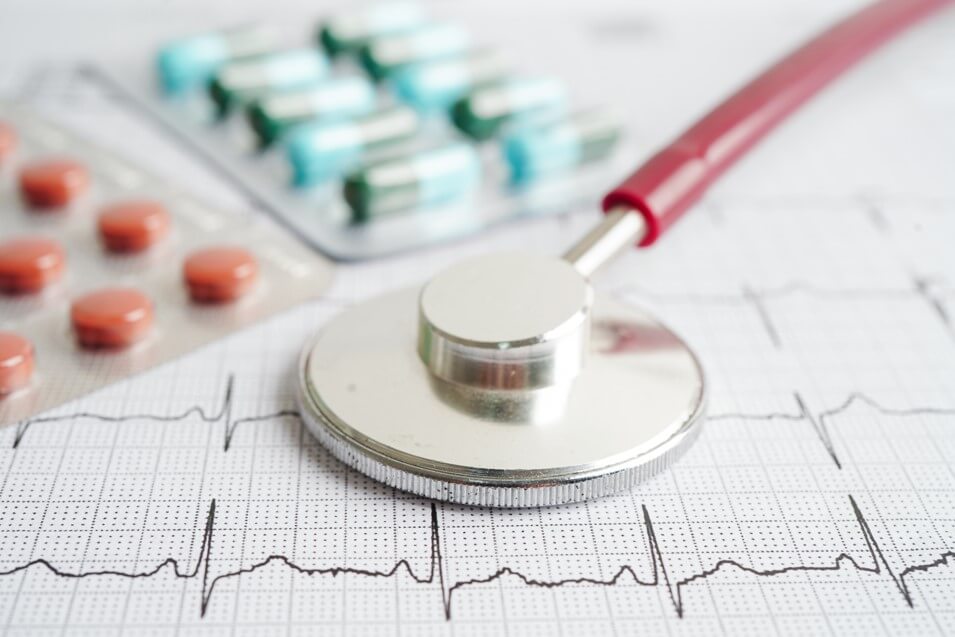Cardiovascular nurses require more than just a technical understanding of the human body. They require specialized instruction on the function of the heart. To thrive in their professions, they must also have soft skills like teamwork, organization, critical thinking, and communication. Cardiac nurses must be aware of how new drugs, technology, and public health initiatives are reshaping the cardiovascular environment, from heart disease prevention to advanced heart failure.
What do cardiac nurses actually do?
Registered nurses (RNs) who specialize in the cardiovascular system are cardiac nurses, cardiovascular nurses, or cardiology nurses. They assist patients with cardiac issues by adhering to the prescribed treatment plan, keeping track of the patient's progress, and giving medication to hasten the recovery process.
Depending on the workplace, a cardiac nurse's daily duties may change. When reacting to patients who are experiencing cardiac arrest, cardiac nurses who work in acute care settings may spend a lot of time using defibrillators, for instance. In a surgical context, cardiac nurses are more likely to spend their time getting patients ready for surgery and then aiding in their recovery.
New Trends In Cardiac Care
Since the creation of the coronary care units, cardiovascular nurses have played a significant role in enhancing heart health. Here are the latest trends in this specialty that nurses should be aware of.
Advancement in heart models
Have you ever heard of 3D heart models made specifically for a patient that can help a doctor better comprehend the nature of heart disease? Using MRI scans of infants born with cardiac abnormalities, researchers at University College London created these 3D-printed models (congenital heart diseases). The comprehension of heart issue among patients and their relatives can also be improved by using these models. The same team is aiming to create computer simulations that will aid a surgeon in planning surgery for these kids. Surgery teams and patients will be able to choose the optimal treatment options with the aid of this tailored approach in cardiac care.
Heart-rhythm monitors that are implantable
The development of implanted cardiac monitors is ongoing. These are very small devices for recording cardiac rhythm that can be inserted under the skin. A very tiny heart rhythm monitoring device known as an implanted loop recorder is kept in place beneath the skin of your chest for up to three years. A form of cardiac monitoring gadget known as an implanted loop recorder continually records your heart rhythm for up to three years.
Treatment of cardiac and vascular diseases with nanoparticles
To treat atherosclerosis, nanoparticle innovation has improved blood half-life, vascular margination, and active targeting. As a result of their form, flexibility, and complex surface contact, platelets can marginate to the arterial wall and selectively engage with vascular damage sites.
Nanotechnologies have a special place in the treatment of vascular disease. After intravascular administration, new nanomaterials may deliver medications to lesion locations. In this special issue, a number of research showed how cutting-edge nanotechnologies can speed up the healing of wounds by encouraging angiogenesis from vascular cells.
Applications of artificial intelligence in cardiology
How does cardiology employ artificial intelligence? Uses include improving diagnostic imaging capabilities and speeding up the treatment of strokes and heart problems. For instance, a Mayo Clinic study used AI approaches to develop a novel screening tool for those who don't have any obvious indications of left ventricular failure.
Every day, cardiovascular nurses improve the lives of their patients. Nurses have demonstrated their ability to not only reduce CVD risk factors but also to adhere to treatment guidelines and protocols, decrease hospitalization, and reduce morbidity and mortality in patients with established disease by taking on a primary role as team leaders in providing case management.
Download the app for easier use









